Jack Beard
Program Director and Professor
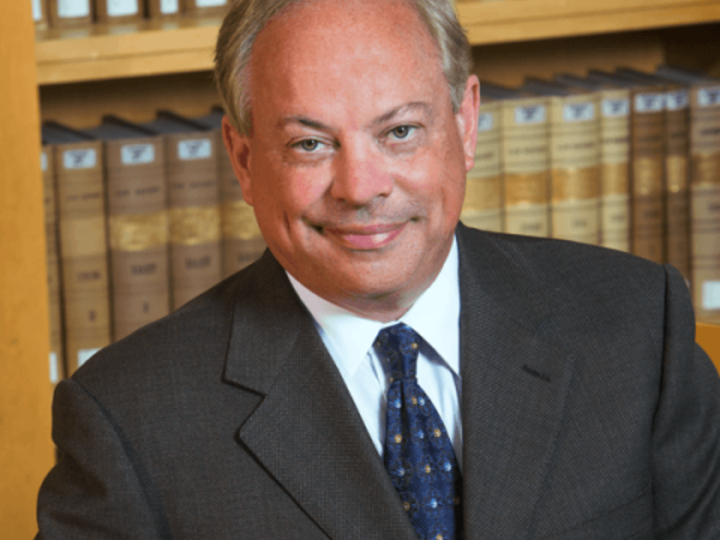
Elsbeth Magilton
Professor
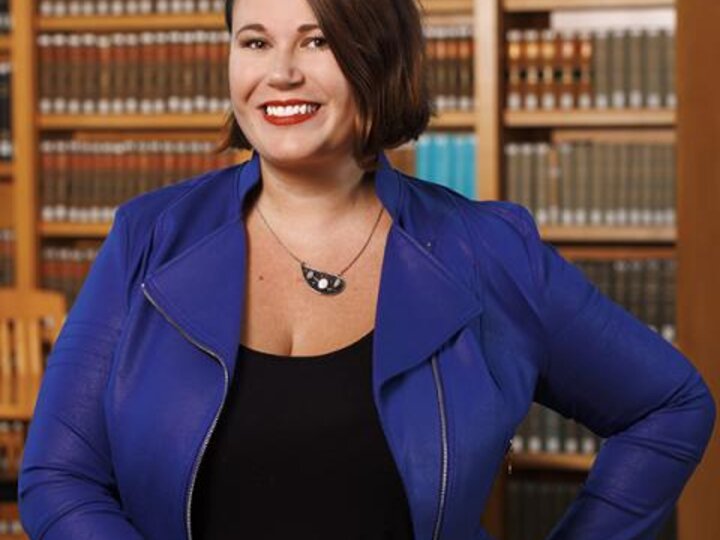
Lauren Bydalek
Associate Director
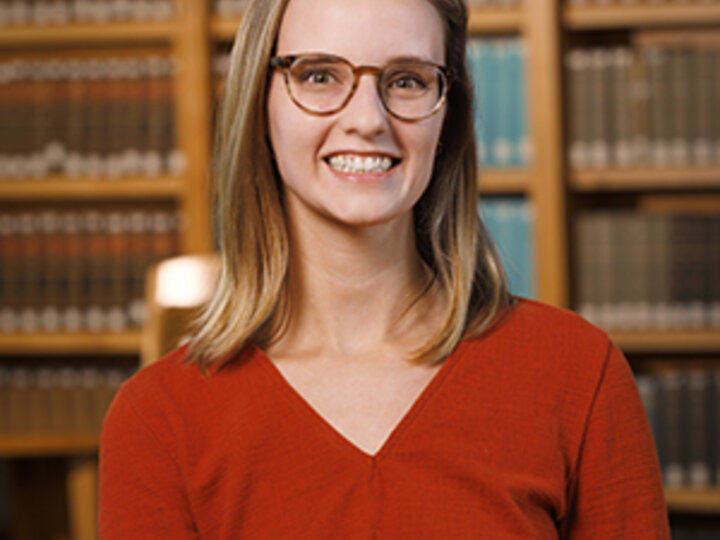
Matthew Schaefer
Professor and Founding (Former) Director

Frans von der Dunk
Professor

Justin Firestone
Professor
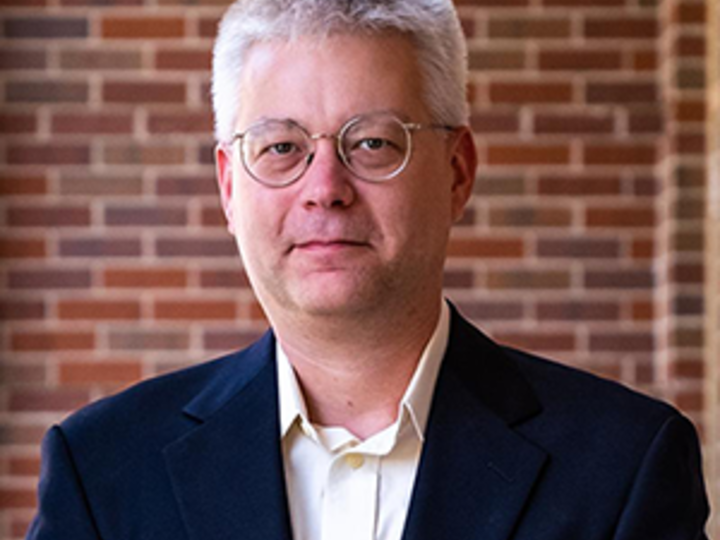
Elana Zeide
Professor
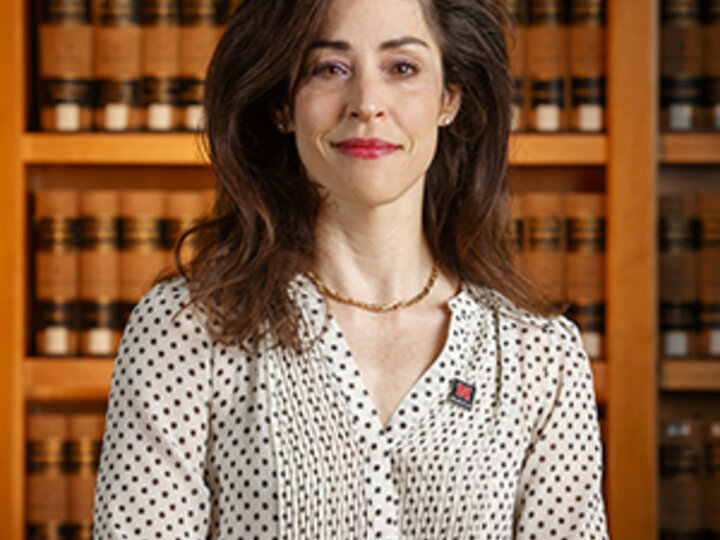
Adjunct Faculty
The Space, Cyber, and National Security Law Program also draws on the expertise of industry professionals, including the adjunct faculty listed below.
- Dennis Burnett, Retired Vice-President, Counsel, HawkEye 360
- Lt. Col. Seth Dillworth, Deputy Chief Space Law Division & Space Law Attorney, office of the Judge Advocate General, USAF
- Ruth Pritchard-Kelly, Senior Advisor, Regulatory & Space Policy, OneWeb
- Christian Ohanian, MasterCard, Vice President, Senior Managing Counsel Privacy & Data Protection
Our Advisory Board
On March 1, 2010, the University of Nebraska College of Law established an official advisory board for its space, cyber and national security law activities. The board gives advice to the Law College and the university on how to further strengthen the Space, Cyber, and National Security Law program, including student recruitment, professional development for graduates and outreach to government/commercial entities for educational opportunities.
- Dennis Burnett (Chair) Retired Vice-President, Trade and Export Controls, EADS North America
- Tim Hughes, Vice-President & Chief Counsel, SpaceX
- Franceska Schroeder, Schroeder Law, PLLC
- Nicol Turner-Lee, Fellow at Brookings's Governance Studies Program's Center for Technology Innovation
- Eric Carstenson, (Retired) President, Nebraska Telecommunications Association
- Fred Campbell Fellow, Competitive Enterprise Institute & Former Wireless Bureau Chief, FCC
- Bill Ojile, Partner, Armstrong Teasdale (Denver)
- Steve Avila, Former Senior Legal Counsel, The Spaceship Company (A Virgin Galactic Affiliate)
- Peter Marquez, Head of Space Policy at Amazon Web Services